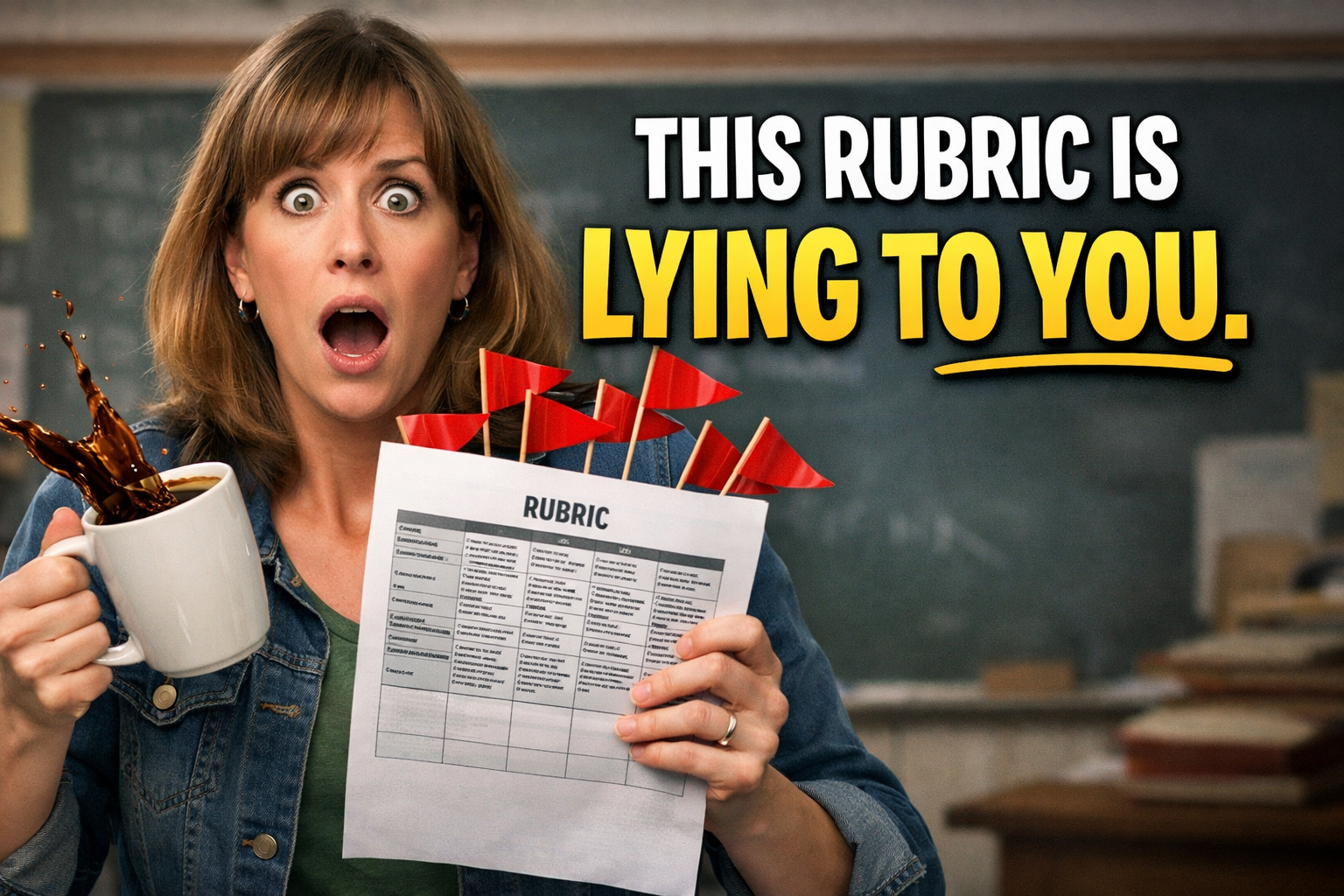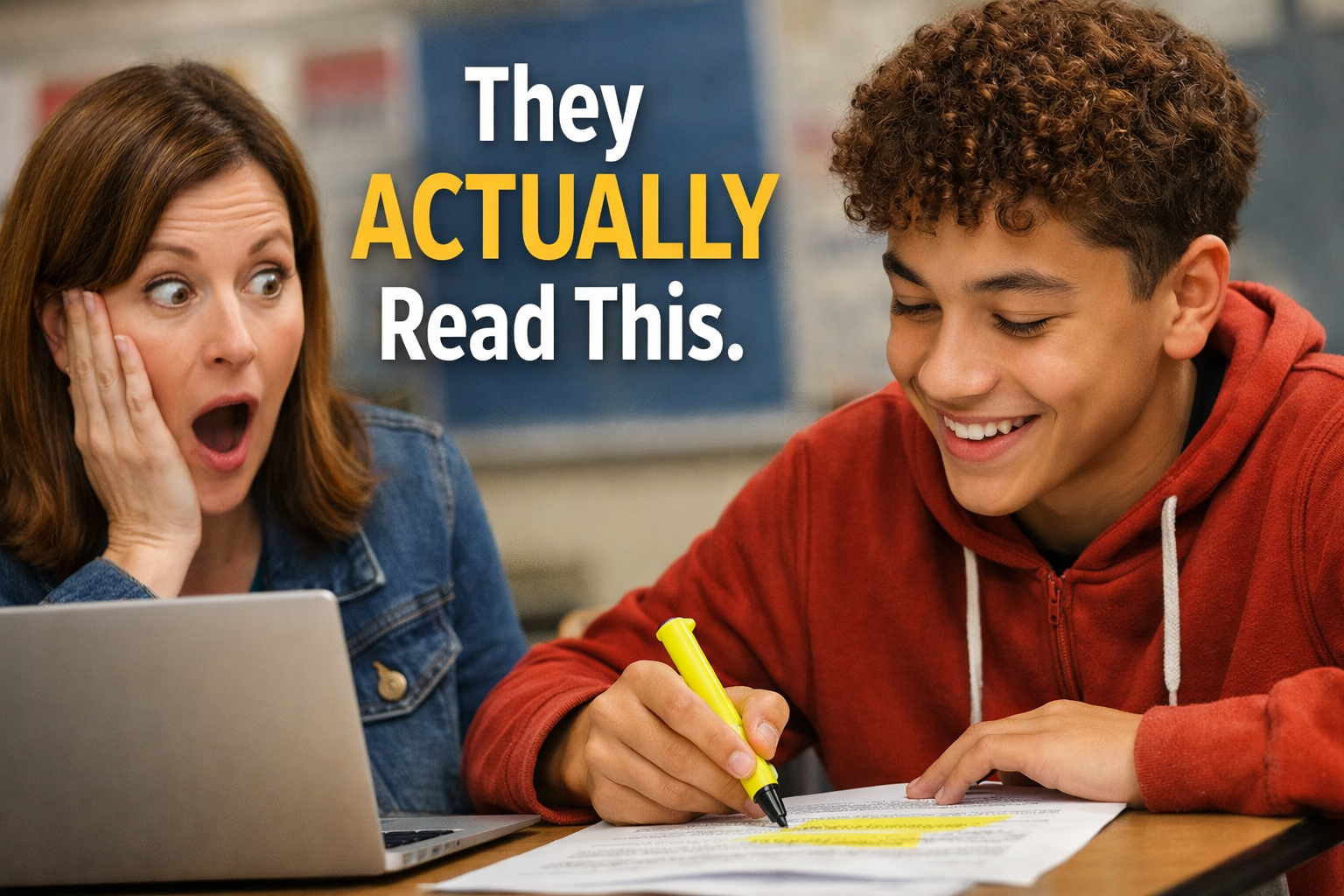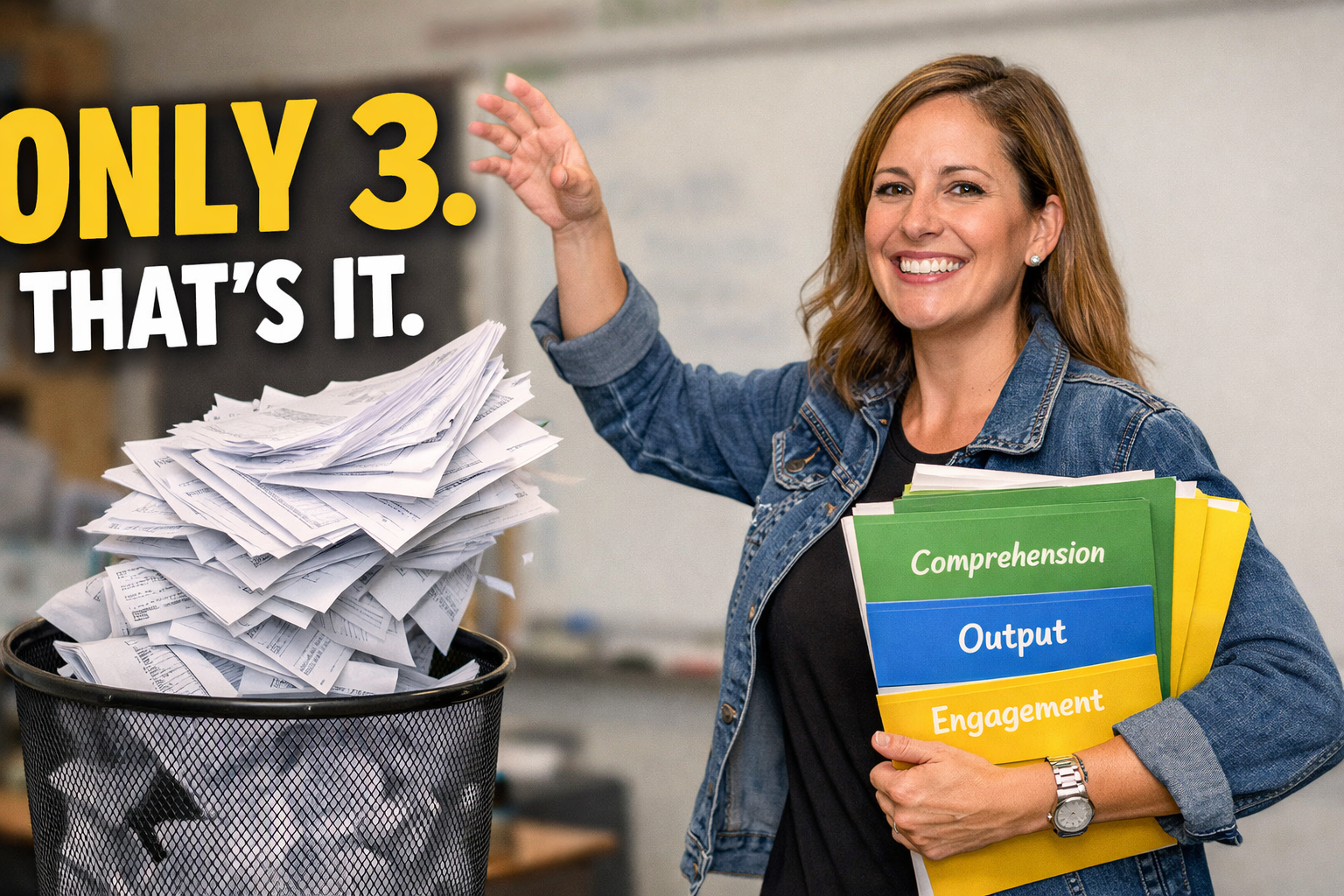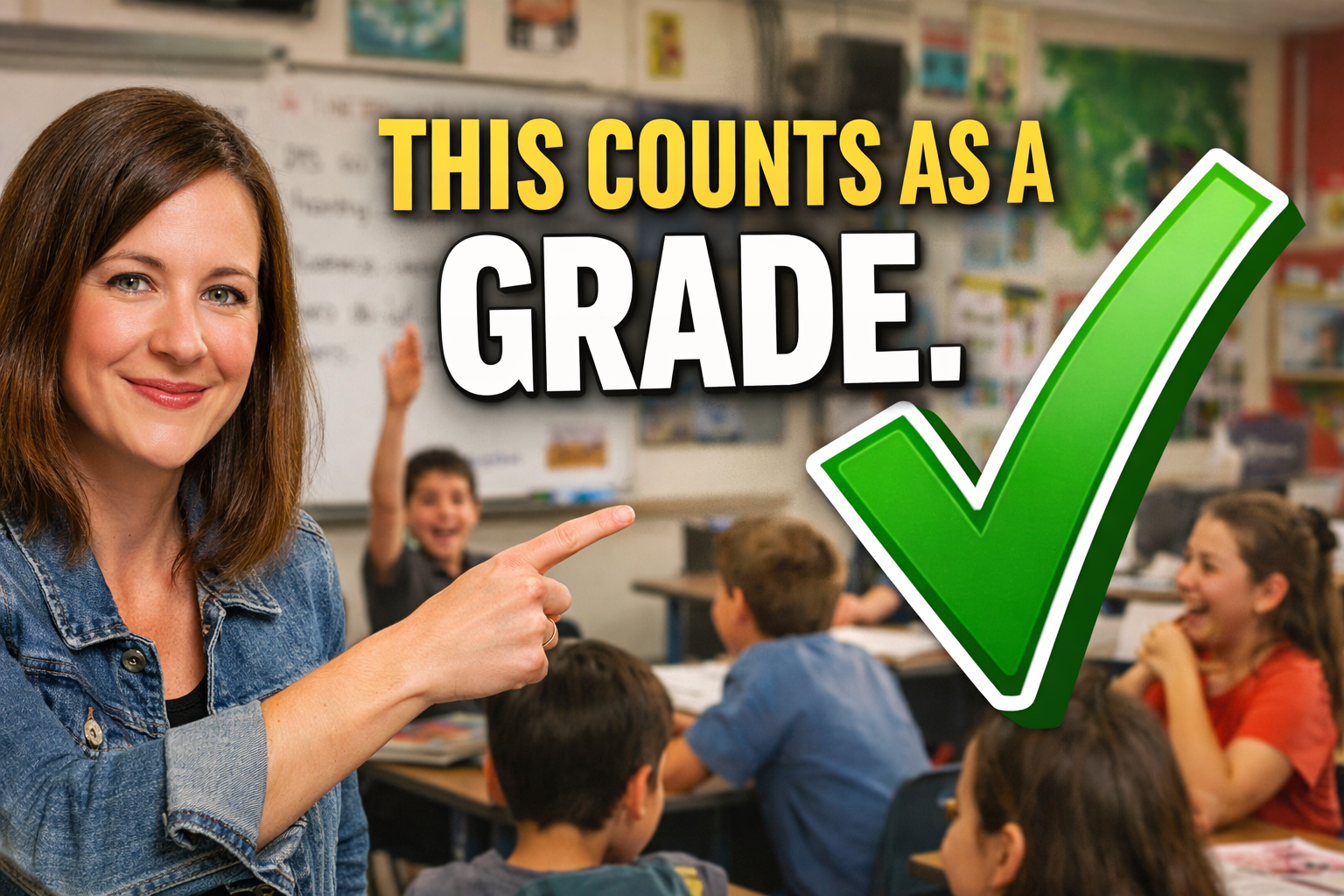
I know that instinct and knowledge aren't the scientific terms for these two aspects of the brain, but my terms do clearly depict what I'm trying to say.
Bill VanPatten calls them implicit and explicit, but I think those terms, though scientifically correct, muddle the waters a bit and aren't as clear.
Whatever you call them, they have a huge impact on what we do in our classrooms. Spend time on the wrong thing and you'll find that you've wasted precious classroom minutes. Spend time on the right thing and watch your students' proficiency soar.
Knowledge
Knowledge is artificial, studying, memorization, vocabulary lists, grammar rules, verb conjugations, dialogues, and high stress.
The "knowledge" part of the brain is where we store things we memorize: vocabulary lists, grammar rules, verb conjugations, etc. It takes work to build and maintain this part of the brain because it's artificial.
And if you don't maintain this "knowledge" it will be quickly forgotten.
You already know this as you see kids scramble if the quiz you told them they were having isn't given to them right at the beginning of class. They've been cramming the "knowledge" before class and they know that if the quiz comes late in class, they will forget it.
"Knowledge" is a hamster wheel. As long as you keep running on that hamster wheel, the knowledge will be with you, but once you stop, it will quickly disappear.
Instinct
Instinct is natural, listening, reading, in context, language map, patterns, conversations, and low stress.
The "instinct" part of the brain is where we store things we subconsciously acquire in context: meaning, vocabulary & grammar in context, and patterns. It takes very little work to build and maintain this part of the brain because it's natural.
This is how we "learned" our first language. No one gave us vocabulary lists and grammar books. Our parents talked to us. They read to us. And slowly, we acquired the language. Vocabulary lists and grammar books weren't even a part of our parents' instruction. It's not until we already have a solid foundation of fluency under our belts that schools even started to introduce vocabulary lists and grammar into the equation. It's the same in our classrooms.
How This Plays Out in the Classroom
No matter what we do, these two parts of the brain never talk to each other.
What we consciously know can never be turned into subconscious instinct.
If you meet a bear in the woods, common knowledge tells you not to run—you'll look like prey. BUT, your instinct tells you to run as fast as you can. In the heat of the moment, which do you think your body is going to do?
It's not much different for the students in our classes. Students may know the vocabulary, the grammar, and the verb conjugations. But when it comes time to actually apply that knowledge, only what's stored in their instinct brain comes out.
What Do We Do Then?
The way to build up the instinct brain is through comprehensible input. Period.
This way students acquire vocabulary and grammar in context as naturally as possible. As they get more input, they will continually redraw the language map that they build in their brains.
Our job is to provide that input and make sure that it is comprehenDED at all times. Our job is to make sure that that input is interesting and COMPELLING to drive more engagement with students.
Our job is not to provide vocabulary lists and grammar exercises. This does not lead to language acquisition. It's really good at teaching how language works, but that doesn't translate to actually using the language any more than knowing how a car is built helps in becoming a better driver.
If focusing on the knowledge part of the brain worked, we would have a lot more bilingual students. We don't. This is an outdated method of language instruction that has proven generation after generation that it's not very effective.
Provide comprehenDED input and watch your students' fluency increase each and every day. It's not a fast process, but it works and it works for the long haul.
Students will never forget what they acquire, but they will forget when they learned.
What do you think? Share your ideas below in the comments!



